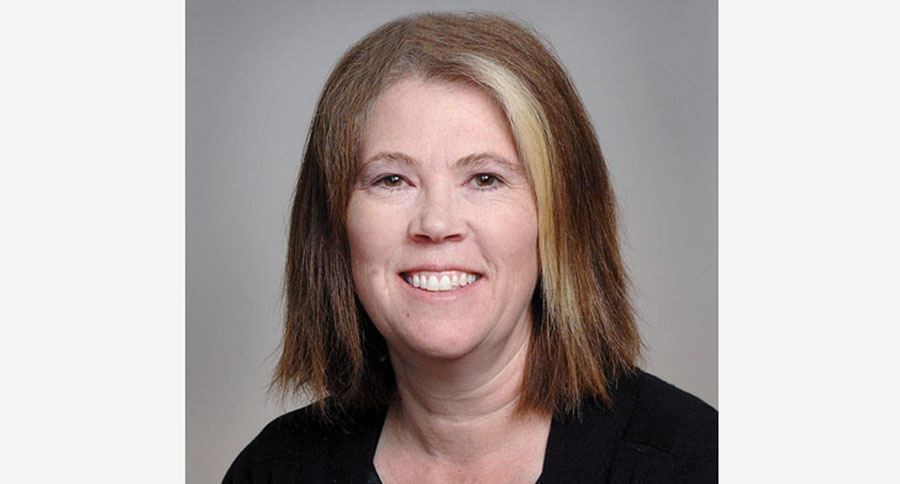With the Canada Day weekend, a week of Brexit madness and visits to Canada by world leaders, it is timely to stop and to consider how Canada could contribute its knowledge to the current world crisis.
It is hard to believe that the U.K. could stand back and allow a referendum of such catastrophic proportion to take place without some kind of contingency plan if the "worst" were to happen.
After the Quebec referendum in 1995 the federal government had no strategy in place if the vote went in favour of succession. Perhaps the belief was that a plan would imply tacit consent for the secessionist movement, but the complete failure to have set any parameters for a win vote was, in hindsight, a terrifically arrogant and potentially disastrous gamble with the country's future. Plan A was for the referendum to fail - there was no Plan B.
But Canada learned from its mistake. The government "clarified" the rights of succession through a reference case to the Supreme Court and the subsequent passing of legislation. What was mostly in the "clarification" was the discussion of a threshold for success. A simple majority would not be enough to send a province into statehood. The court ruled that there had to be a clear majority in favour of succession in order to trigger talks. The court did not set a threshold number that would represent a "clear majority" and legislators also resisted the temptation to give an exact number. The legislation only prescribed three guidelines.
The Clarity Bill reads: "In considering whether there has been a clear expression of a will by a clear majority of the population of a province that the province cease to be part of Canada, the House of Commons shall take into account: "(a) the size of the majority of valid votes cast in favour of the secessionist option; (b) the percentage of eligible voters voting in the referendum; and (c) any other matters or circumstances it considers to be relevant."
While some may read these guidelines as vague, citizens should read the guidelines as a testament to the enormity of a decision for a province to secede. It is shocking that the Brexiters and the Remainers did not look at other examples of secession and have a plan in place.
In another way too, Canada should be an example to the rest of the world. Over the past week I have heard many people blame the Brexit on racism but I would argue that racism is a symptom, not the cause of Brexit. Income disparity, under-education, and (this is where I see the possibility for Canada to be a role model) the failure of countries to create a national narrative that emphasizes unity through diversity. The failure of Britain was to ignore the proper use of public policy to educate people in regard to diversity, leaving "the immigrant" as the scapegoat when times are hard.
I have often cited the piece by Pico Iyer called Imagining Canada. He tells the story of seeing our country from the outside. He describes his life in other countries where he experienced the feeling of being an outsider and the liberation that Canada affords by its capacity to build into its national consciousness a deep and abiding respect for diversity. He acknowledges that, of course, there is still racism in Canada but Canada has achieved something that other countries have not.
Iyer writes: "But at a deeper level, to someone like me, who's lived happily and gratefully in the U.S. for 35 years, Canada offers a particular kind of liberation precisely because it understands the nature of limitation. In the U.S., I always feel, newcomers are told to shed their pasts on arrival and commit themselves to the grand collective task of perpetual re-invention; in Canada, there seems to be a sense that a hundred pasts can be entertained at once, and in the very way in which they rub against one another, and blend and blur and merge, something new will arise. There is, to me, a tonic sense here that the future can only be as strong as its understanding of the past."
We should heed these words and other countries should learn from them.



